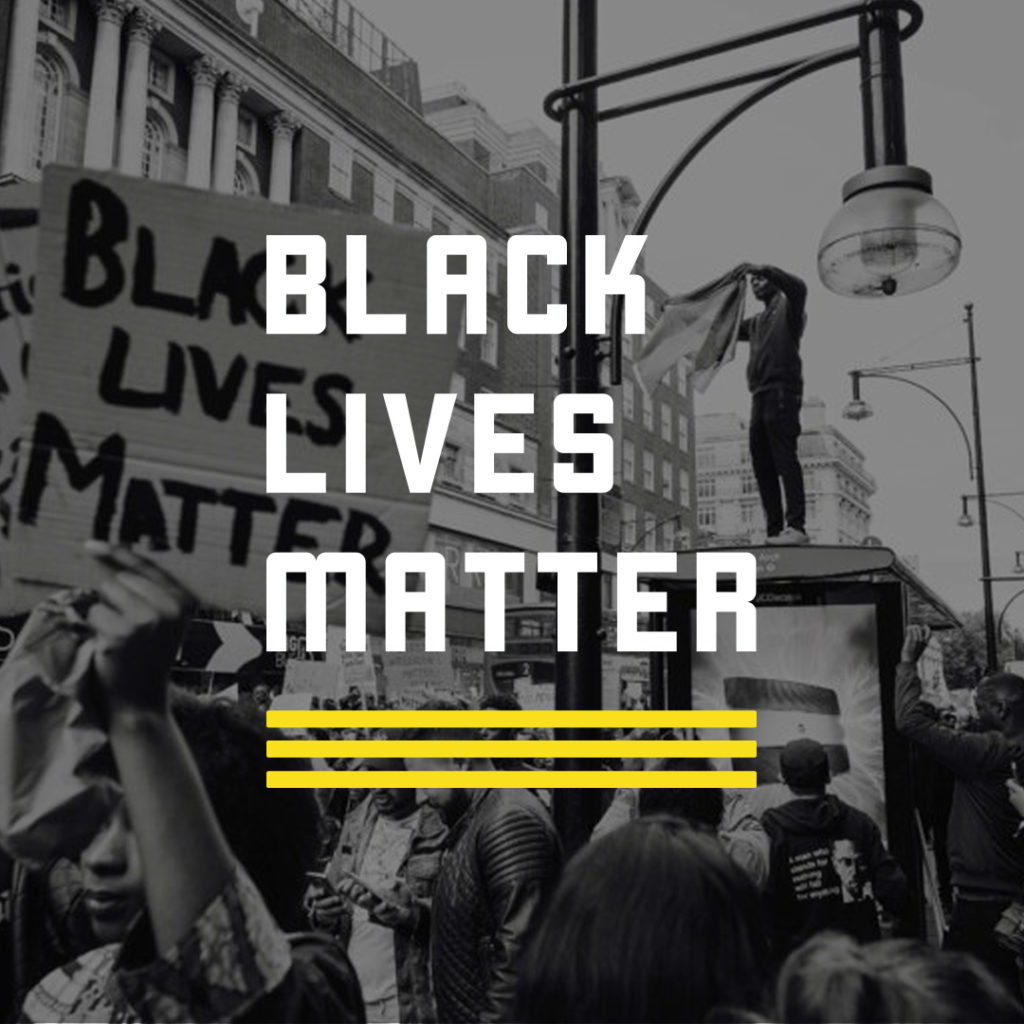
Rwandan history and the testimonies of the Foundation Rwanda mothers show us that systemic racism and violence are not new. Our hearts go out to the families of George Floyd, Ahmaud Arbery, Breonna Taylor, Eric Garner, Tony McDade, Dion Johnson and the countless other Black Americans who have wrongfully and horrifically been victims of police brutality and racism in the U.S.and worldwide. Survivors Fund (SURF) and Foundation Rwanda STRONGLY stand in solidarity with the #BlackLivesMatter movement and all people who face discrimination, racism, stereotypes, and barriers, around the world. We are hopeful this is the dawn of a new awakening where racism and violence in any form are NOT tolerated.
Liliane Pari Umuhoza is a genocide survivor, a trustee of Survivors Fund (SURF) and the organizer of Retreat for Women Genocide Survivors which offers psychological support and financial literacy to Foundation Rwanda mothers. She is currently living and working in Washington, D.C. We asked her what it felt like to be Rwandan living in the U.S. during this time. Here is her poignant response:
“I was two years old in 1994 when Rwanda experienced one of the darkest moments in the history of the world: The genocide against the Tutsi. During this horror, a million Tutsi and moderate Hutu were killed in one hundred days including my father and countless family members. It was traumatic to learn what happened to my father and how my mother and I were hunted down while trying to escape to DRC Congo for safety. A genocide does not happen overnight, it is a result of a long period of discrimination, hate speeches, dehumanization and other forms of violence targeting people, simply because of their identity. Early on, I tried to make sense of something that will never make sense to me – exterminating people because of their nationality, ethnicity, race or religion.
My story is one of too many. The history of Rwanda teaches us that we should not tolerate any form of discrimination and we must speak up in the face of injustice, especially when people are facing violence simply because of who they are.
Twenty-six years after the genocide, I am living in the U.S. facing discrimination again, because of my skin color. The world said “Never Again!” and here I am witnessing people who look like me being hunted down, treated viciously and/or killed simply because they are Black.
The day I watched George Floyd’s final moments, I couldn’t leave my house. You cannot imagine the fear, worry, anxiety and trauma that every single Black person in America feels because of police brutality, racism and other forms of violence Black people face in this country. We live in a constant mental turmoil of “who is” or “am I” next to die in the hands of the police?
Each one of us has the power to take action. To the Black American community, I recognize your pain and I empathize with you. To the rest of the world, I urge you to STAND UP and SPEAK OUT! As Martin Luther King said “Injustice anywhere is a threat to justice everywhere.” What are you doing to stop history from repeating itself?”
– Liliane Pari Umuhoza
